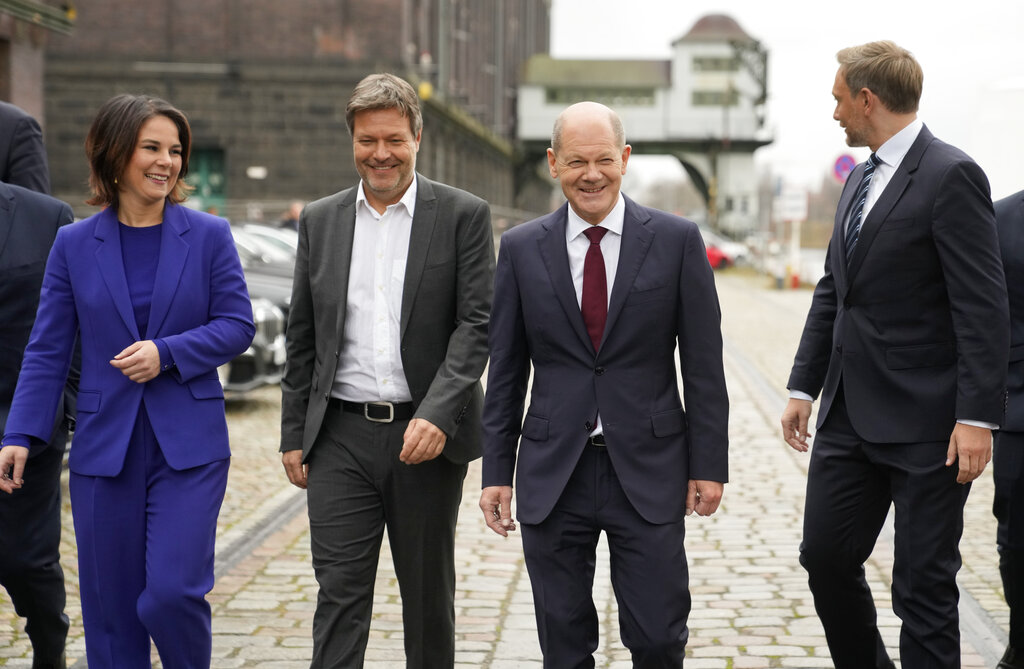Guy Verhofstadt is happy with the new German government. That in itself is reason enough to worry, especially if we observe the reasons behind his enthusiasm, which he outlined in an article for Politico on Monday.
Firstly, according to the Belgian liberal politician, Germany finally has a government that is ready to lead Europe. Here, we are already wondering why this is such a good thing and why the Germans should “lead” Europe. Of course, Verhofstadt continues: they are glad that the “Merkel brake” will finally be lifted, and with the departure of the chancellor, there will be no one to hold back German — and thus EU — action against Viktor Orbán and Jaroslaw Kaczynski. Clear speech.
In Brussels, liberals are happy with the German government because they see that the government’s program confirms all their worst ideas. They want to make the European Union a superstate, and the concept of family would be extended to communities of more than two adults, which are just two stark examples of where Brussels is looking to go in the near future. These are actually interrelated goals, especially once the extreme anti-immigration stance of both the new German government and the EU is factored into the picture. For a European superstate, national sovereignty must be abolished, and national communities must be diluted and then dissolved. This objective is furthered by making the entire concept of family relative to the point of absurdity.
The new German government’s program poses a threat to the whole of Europe, as it wants to reopen the gates -— which were not really closed anyway, but at least there was talk of it. Germany wants to once again reinforces the factors that are driving and attracting migrants to Europe.
It is a completely irresponsible attitude, and it is extremely frustrating that despite all the experiences of the past six years, the left-liberal parties have managed to conclude that this is the only way forward.
We are interested in the German Government’s program because — although the voices of the Italians, the French and Central Europeans are getting stronger — the German line is defined in such a way that it is considered to be valid throughout Europe. We hope that will not be the case, but if Verhofstadt is right and without Merkel’s efforts to find a compromise, the new German leadership will give way to all the madness that is destroying and dividing Europe, then nation-state leaders must be more vigilant than ever before.
In the next period, we should expect that the stealthy erosion of nation-states’ power and ability to control their destiny will be replaced by even more open centralization drive, which means even more bold efforts to wrest decision-making powers from the remaining holdouts will undoubtedly occur. National constitutional courts are also waking up across Europe. We must now cling to our remaining sovereignty, or we may lose it for forever.





